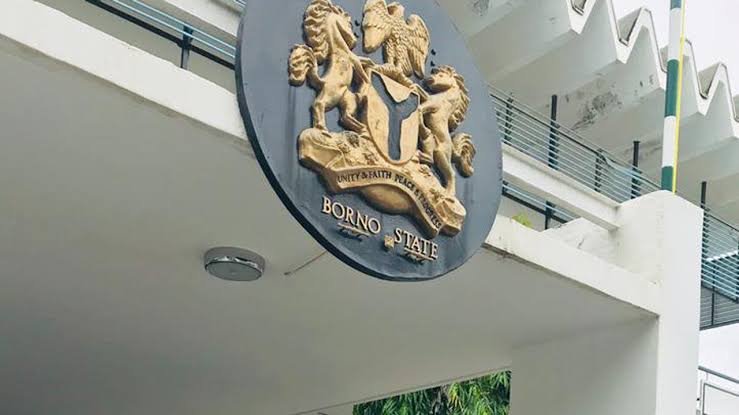PARIS – François Bayrou, appointed as French Prime Minister in late December, delivered his inaugural policy address on Tuesday, 14 January, amidst a divided and sceptical National Assembly.
The speech, widely criticised as vague and unconvincing, focused on France’s debt crisis and impending reforms but lacked substantive detail.
Bayrou opened his address by highlighting the €3.2 trillion national debt, framing it as the cornerstone of all future policy decisions. He announced plans to revisit pension reforms in response to socialist demands for adjustments to the controversial legislation passed months earlier, which had provoked widespread opposition.
On fiscal policy, Bayrou maintained a target of reducing the public deficit to 3% by 2029 but provided little clarity on specific cost-cutting measures.
His proposed “reform of public action” also lacked concrete details. Structural reforms, including regulatory simplification and the introduction of proportional representation in elections, were noted but similarly underdeveloped.
Bayrou’s decision not to seek a vote of confidence highlighted the precariousness of his position. Opposition parties, including La France Insoumise (LFI), Greens, and the Rassemblement National (RN), criticised the speech for its perceived inadequacy and lack of vision.
Despite its strong critique, the RN refrained from supporting the Left’s motion of censure, instead signalling its intent to maintain pressure on the government.
The Socialist Party (PS), which is negotiating adjustments to the pension reforms, remains undecided about backing the motion, making its support critical to Bayrou’s survival.
The motion of censure, expected to be debated by week’s end, could fail without PS backing. For now, Bayrou’s government remains tenuously in place, facing ongoing challenges in the weeks ahead.




